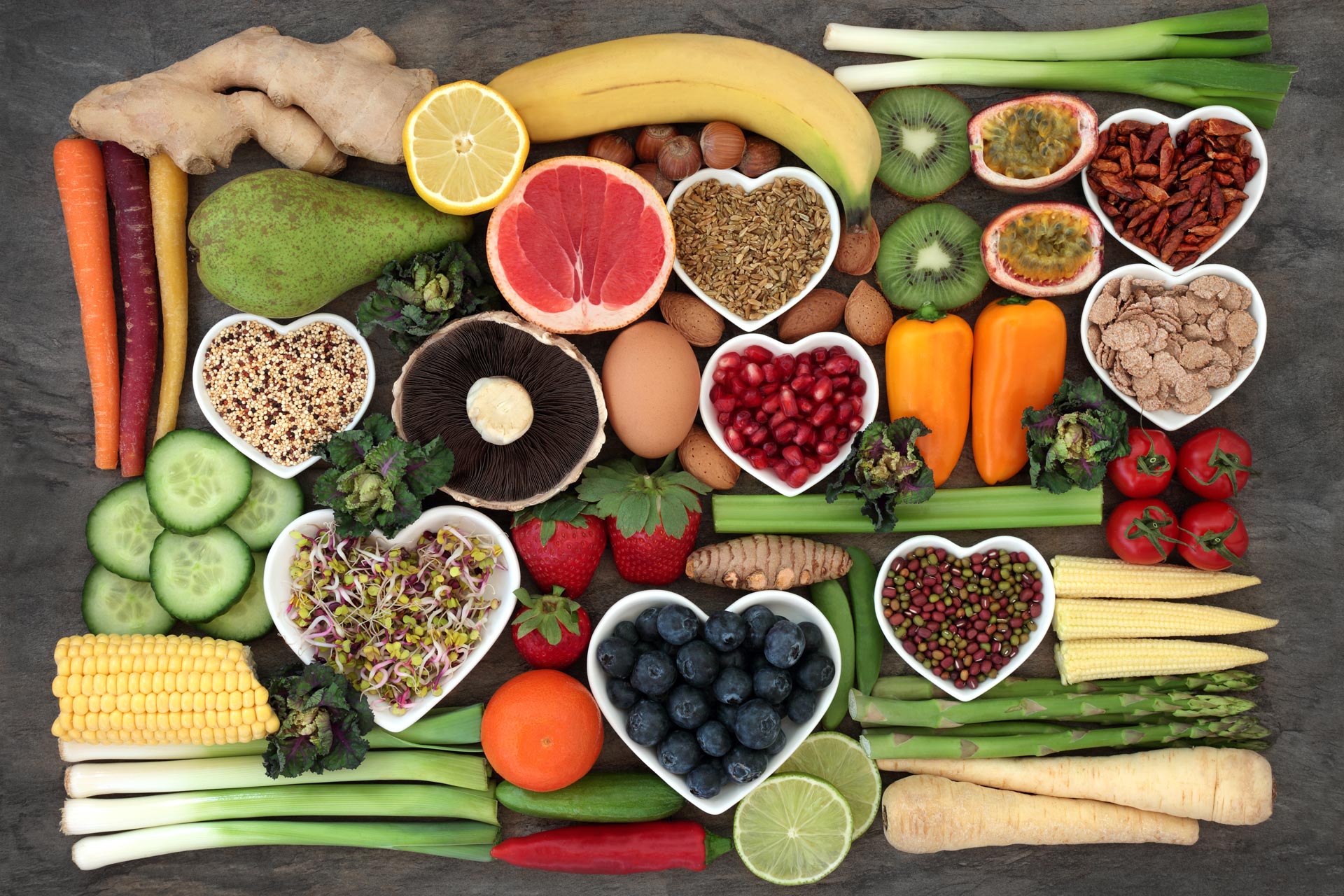Prenatal Diet
If you just found out you are pregnant, you probably have a lot of questions on providing the best nutrition for your baby and yourself.
According to Stanford’s Children’s Health Hospital, you will need approximately 300 additional calories above what you typically consume. While it can be tempting to add those calories by way of sugar and other comfort foods, it’s important that you eat a well-balanced and nutrient-dense diet. If you are having multiples, the caloric intake and nutrient requirements will be higher. Consult your physician about what exactly you should be eating.
Key Vitamins and Minerals
The American College of Obstetrics and Gynecology lists the following key vitamins and minerals during pregnancy:
- Calcium, for strong bones and teeth
- Iron, to help deliver oxygen to your baby
- Iodine, for healthy brain development
- Choline, for brain and spinal cord development
- Vitamin A, for healthy skin and eye development
- Vitamin C, for healthy gums, teeth, and bones
- Vitamin D, for strong bones and teeth, and healthy skin and eyesight
- Vitamin B6, for formation of red blood cells
- Vitamin B12, for maintaining the nervous system, formation of red blood cells
- Folic Acid, to prevent birth defects of the brain and spine
The Mayo Clinic has an in-depth section on pregnancy diet and where to focus your intake to get these key nutrients. They also recommend prenatal vitamins as a supplement, but not replacement for these vitamins and minerals. Talk to your doctor about which prenatal vitamin they recommend you take.
Johns Hopkins Hospital recommends the following foods for a balanced prenatal diet:
- Vegetables
- Carrots
- Sweet potatoes
- Pumpkin
- Spinach
- Cooked greens
- Tomatoes
- Sweet Peppers
- Dairy
- Yogurt
- Milk
- Fruits
- Cantaloupe
- Honeydew
- Mangoes
- Prunes
- Bananas
- Apricots
- Oranges
- Red or Pink Grapefruit
- Grains
- Cereals
- Oatmeal
- Protein
- Beans
- Peas
- Nuts
- Seeds
- Beef
- Lamb
- Liver
- Pork
- Salmon
- Trout
- Herring
- Sardines
- Pollock
Remember, balance is key during this time. Aim to supply your body and your growing baby with a variety of healthy and whole foods. If you have further questions, the American College of Obstetrics and Gynecology provides a helpful FAQ section on their website. 
